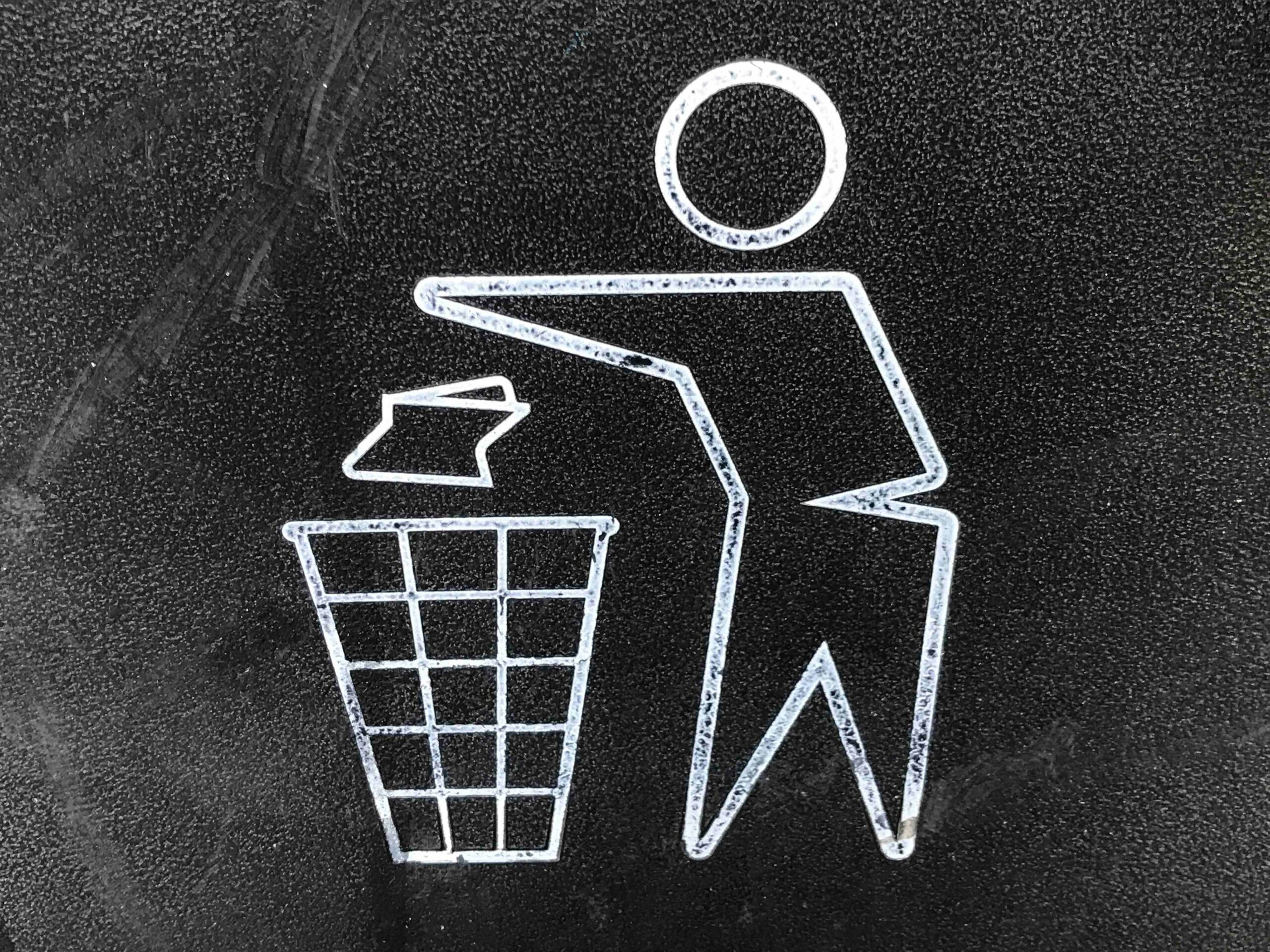Communicating Sustainability
- recycling, waste
- 1 March 2018

It’s one thing to offer an environmentally improved product or service with strong technical credentials; it’s another game to successfully communicate its qualities, features and benefits in a sceptical market.
As interest and action on sustainable products, places, spaces and lifestyles grows at a grass roots level, so too does the level of ‘information pollution’. It can be a truly confusing and misleading process when it comes to purchasing ‘eco-sensitive’ detergents, recycled toilet paper or ethically made apparel. For the converted and those primed for ‘green buying’, such choices are straightforward, but for many in middle Australia, the level of eco-fatigue can trigger indifference, apathy and sometimes deep cynicism.
Government has a role in helping cut through the semiotic garbage with effective policy and regulation, but business is much better placed. It has the resources and drivers to increasingly use advertising and comms for ‘good not evil’.
The reality is that some companies do it very well, some struggle, and some simply embellish without shame. There are plenty of case studies and magazine articles which tell the story of pioneering ‘eco’ companies and how they’ve transformed their business model, the market or social behaviour, but how widespread is it across business and industry in Australia? The evidence is scattered and piecemeal but Australia can still boast some particularly innovative companies, programs, entrepreneurs and innovators when it comes to green products and services.
While much has been achieved at a ‘technical’ level with environmental improvement and associated research and data, the communications landscape is relatively barren in Australia. Some companies and agencies have put their heads above the trenches, but many remain gun-shy, insecure and sceptical about the value of going super-public with their environmental claims and declarations.
Nonetheless, there’s a shift taking place. Methods, tools and thinking, are maturing in the creative sector. Social media is being selectively exploited; crowd sourcing has a place; online advocacy campaigns are mainstream, and smarter advertising is also emerging. Some agencies and comms firms have developed a deeper understanding of environmental quality and sustainable lifestyles, and what underpins the finished product or service.
Indeed we’re now seeing the arrival of specialist strattera online cheap sustainability communications’ firms i.e. companies which straddle the divide between values, ethics, commercial aims and environmental outcomes. And these firms aren’t just re-branding themselves to exploit growing community sentiment or commercial opportunities. These are firms conceived ‘green and ethical’ from the outset, often as smaller boutique operations brimming with committed practitioners (not dogmatic zealots). It’s a nice balance which starts to bring confidence and credibility to the corporate space.
The age of the specialist sustainability communications firm is in some ways an interim stage, or stepping stone on the journey to embedding sustainability into all comms. Even these specialist firms declare that their preferred future scenario is to see campaigns which inherently address social and environmental objectives. Selling a niche service today is merely a bus stop on the way to redefining quality so that sustainability is addressed long term without even using the jargon.
As an injection to raise awareness and build capacity in Australia, Futerra Sustainability Communications (London, New York and Stockholm) partnered with the Republic of Everyone (Sydney), to deliver the highly regarded Re-Thinkers Masterclass in Sydney at the end of February 2012. The event was supported NAB. Two days of intense and informed presentations had the participants buzzing with positive ideas and concepts that steered well away from cliched icons and symbols. There wasn’t a dolphin, leaf or fury animal to be seen in any of story-boards and pitches.
A new way of approaching sustainability comms is being fostered by the real world experience of Futerra and the Republic of Everyone. Presenters such as Lucy Shea from Futerra, and Ben Peacock, Matt Perry and Scott Matyus-Flynn from the Republic of Everyone, showed what’s possible through local and overseas case studies. These pioneers of sustainability communications were generous with their ideas, and optimistic in their outlook while still retaining an acute commercial edge to their activities.
Simply a very refreshing and creative ‘sustainability’ masterclass unlike any other that has taken place in Australia in recent times.
There’s no shortage of information and resources on the Futerra and Republic of Everyone websites.
